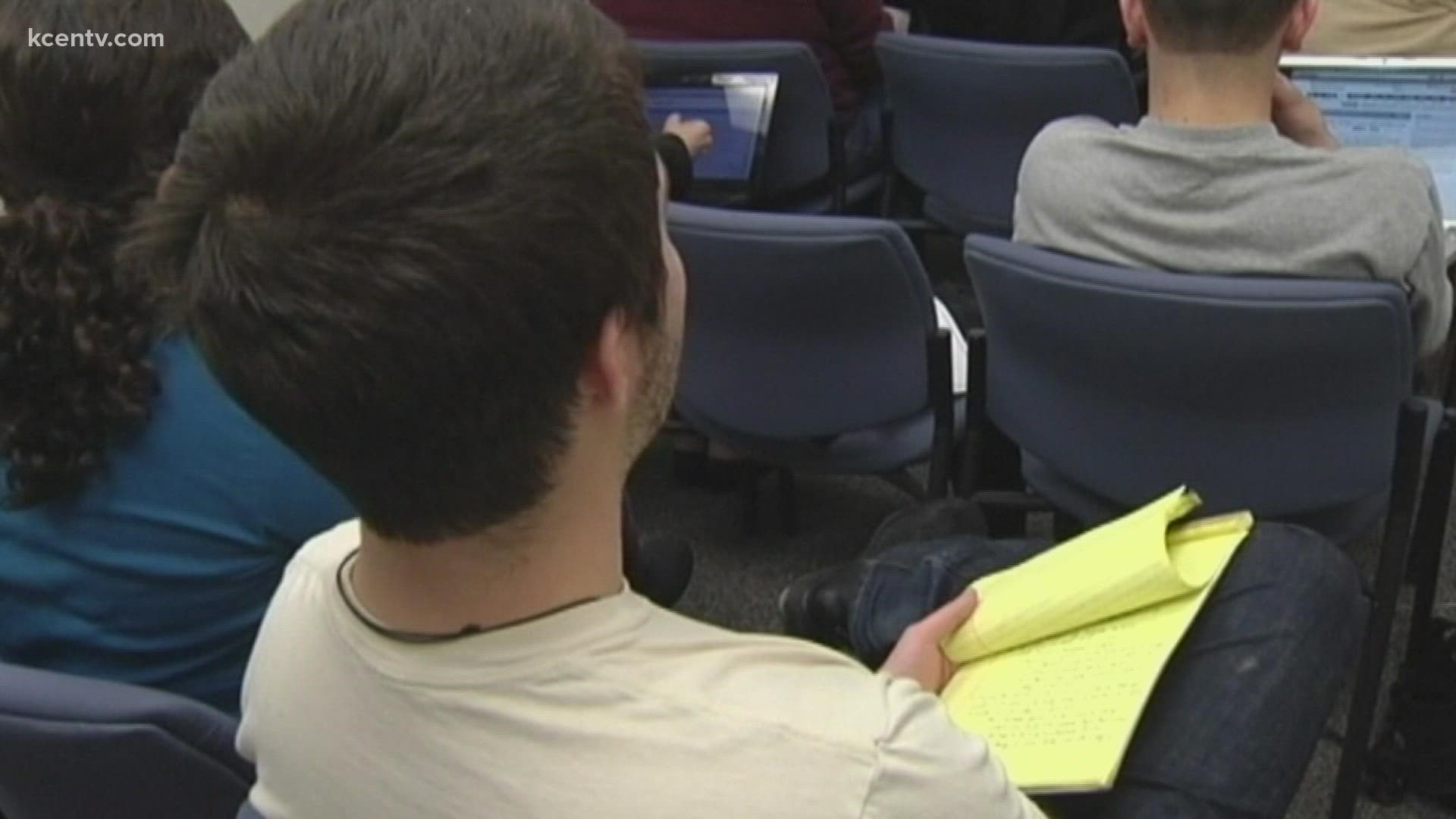TEMPLE, Texas — Millions of Americans are saddled with student loan debt and many of them have no idea how they will pay them back, even after signing on the dotted line saying they would.
"The immediate impact is big, but most concerning are the future consequences," said Lourdes Zuniga, the Executive Director of Financial Health Pathways of Austin. "People are not able to buy houses, have children because they are afraid of getting into another financial commitment."
According to MoneyGeek, one out of three young adults have student loan debt and the average college graduate carries nearly $30,000 in student loans with them into their post-college careers.
As of 2020, more than 45 million Americans owe more than $1.7 trillion in student debt. On the heels of the Biden Administration pausing student loan repayments again, Zuniga said now is the time to pay it back and do it often.
"They have to make compromises in life. It might be a year you don't go on vacation, you get your taxes and you get a thousand dollars, just put whatever you have towards it," she explained." "Believe it or not, when people start making those payments and see their debt be reduced, they get motivated. This is also psychological. People think finances are just numbers but they aren't. There's a lot of emotions to it."
Student loans aren't a bad thing, something Zuniga stressed, especially because of the benefit they provide. She said borrowing responsibility is the way to go, or don't do it.
"Look at the fine print, look at the rates and make a plan to pay it as soon as possible. I don't think people realize that you borrow something and it's not what you're borrowing, it's when you are going to pay," Zuniga explained. "The longer you delay the payment, the more fees and payment you are going to have."
To help cushion the blow and lessen the financial burden, Zuniga urged potential borrowers to look at cheaper options for school like government aid, private gifts and to go the junior college route as well.
Zuniga also cautioned against borrowers from running from their obligation. It won't go away and it will only compound things over time.
"Finances require discipline. If you make a conscious effort to pay even small amounts, pay with your tax refund, it is possible to manage debt and pay it off eventually," she said.
For more information and if you have any questions, you can contact Financial Health Pathways for a consultation. They can be reached at (512) 456-8630.

